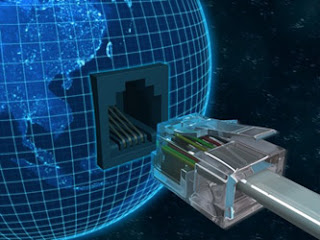Technology doesn't just give people a new way of doing things; it gives people a new way of thinking. The biggest impact of technology is the change it creates in people's perceptions.
In the absence of digital technologies, it would never occur to someone that marketers could be engaged in dialogue, much less dialogue at the point of contact. But the presumption of dialogue created by digital technologies goes beyond the technologies themselves.
People have learned a new capacity from digital technologies and they want to exercise it everywhere, even in low-tech points of contact.
Digital technologies operate instantaneously, so people are losing patience with anything that operates more slowly. The more liquid an activity becomes, the more people take it for granted, and once a capacity becomes commonplace in one domain, the more people come to expect it in other domains.
Technology doesn't just expand the power people have; it changes their ways of thinking as well.
In the absence of digital technologies, it would never occur to someone that marketers could be engaged in dialogue, much less dialogue at the point of contact. But the presumption of dialogue created by digital technologies goes beyond the technologies themselves.
People have learned a new capacity from digital technologies and they want to exercise it everywhere, even in low-tech points of contact.
Digital technologies operate instantaneously, so people are losing patience with anything that operates more slowly. The more liquid an activity becomes, the more people take it for granted, and once a capacity becomes commonplace in one domain, the more people come to expect it in other domains.
Technology doesn't just expand the power people have; it changes their ways of thinking as well.







